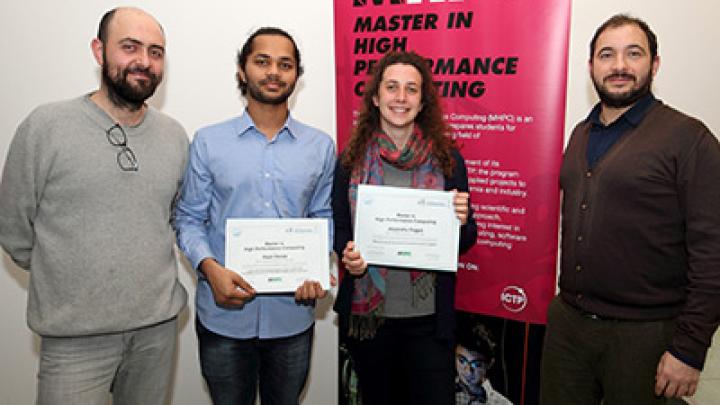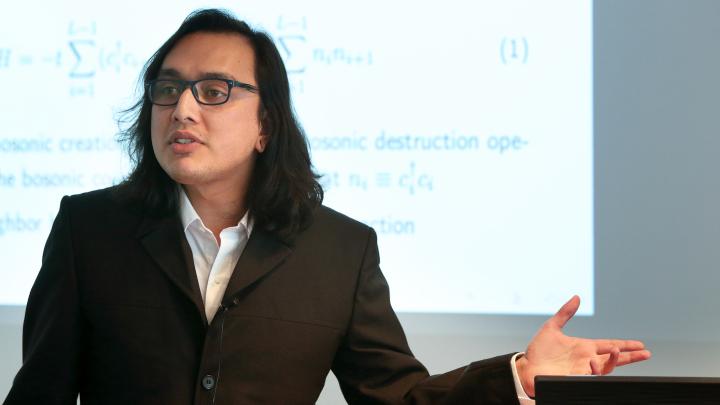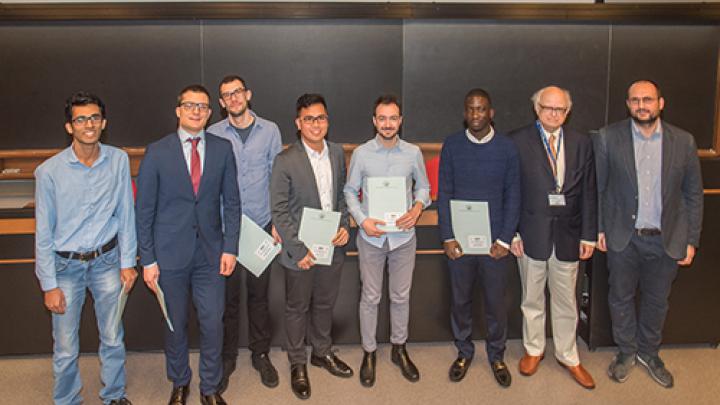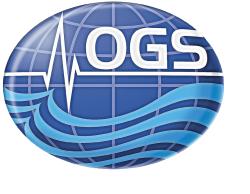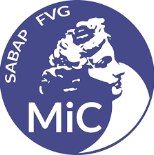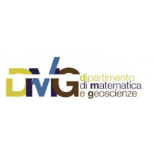ICTP is committed to Open Science, or making research available to all, regardless of borders. This includes open access to the computing resources required to harness the rapidly growing power of Artificial intelligence or quantum computing. Scientific computing is central to many fields and has provided insights beyond theory or experimentation, in endeavors ranging from the projection of future climate changes, the design of new materials for clean energy, and the analysis of the large amounts of data produced in particle physics experiments and cosmological observations.
The ICTP International Consortium for Scientific Computing (ICSC) aims at closing the gap between rich and disadvantaged regions of the world in harnessing the potential of computational sciences through several actions:
- implementing higher education and career programs in modern and interdisciplinary computational sciences;
- enhancing international research collaborations in the field of computational science, building a community of scientists from developing countries working with modern computational tools to extend scientific frontiers in fields of direct impact for sustainable development;
- establishing an international network of key players in the area of high-performance computing (HPC) to ensure to this community the access to world-class facilities for cutting-edge scientific research.
The ICSC is meant to close the circle between all fundamental components (education, resources, technical skills and scientific insight) required in modern research, with the objective to establish structured research initiatives, and creating the foundation for world-class research initiatives that would consolidate after a few years. The ICSC aims to create the ground to building ecosystems for advanced scientific computing for developing countries to educate generations of scientists capable of delivering interdisciplinary research as well as of high-level technical experts that can lead the economic transition. This extends the impact of the ICSC initiatives far beyond the scientific world, revolutionizing industry and strategic areas.
The ICSC will provide scientists from around the world with an integrated platform to exchange information, access resources, receive training, and contribute to the advancement of this rapidly evolving and expanding area of research. Thanks to its historical strength in the field of scientific computing and to its global scientific network, ICTP is ideally positioned to lead global efforts to enhance the impact of scientific computing in addressing the scientific challenges that are at the core of a sustainable future for the Earth.
The goals of the ICTP Consortium on Scientific Computing include the following:
Big Science: While the ultimate goal of the consortium is to be an enabler of research developments requiring scientific computing in any field of fundamental science and open to scientists from all over the world, a small set of major scientific challenges within the ICTP research fields are necessary to guide the development of the consortium towards that ambitious role. These challenges, all of which have a clear impact on sustainable development, include:
- the full integration of human societies in earth system models;
- the “in-silico” design of new materials that could pave the way to technological advancements in fields important for a sustainable energy infrastructure;
- molecular modeling and data analysis to unravel the molecular mechanisms of the action of drugs in complex, realistic environments;
- ultra-low power microcontroller on-device analytics of data collected by sensors, a rapidly expanding technology that holds the promise to revolutionize processes in agriculture, fishery, health, and other fields of direct impact for sustainable development.
Capacity building: The Consortium will strengthen ICTP’s efforts in training researchers and disseminating information in the field of scientific computing. The initial goal is to train 50 young scientists every year on each of the above scientific challenges through the organisation of advanced schools. In addition, the number of students enrolled in the post-graduate programs that ICTP runs jointly with SISSA and the University of Trieste (MHPC and DSSC MSc) will be increased. In parallel, ICTP teams will be encouraged to establish collaborations with teams in developing countries on problems of direct impact for their regions.
Computational facility: The consortium will host a large computational facility with the dual purpose of meeting the scientific challenges set by the consortium, and offering to the global community of computational scientists an open facility for their own projects. Scientific projects requiring computer time will be solicited from teams based in developing countries and will be selected based on scientific merit. Access to the facility will be complemented with targeted training and scientific support.
ICSC Working Group members:
Dr. Erika Coppola (Research Scientist, ESP section)
Dr. Jean Barbier (Research Scientist, QLS section)
Dr. Ali Hassanali (Senior Research Scientist, CMSP section)
Dr. Ralph Gebauer (Senior Research Scientist, CMSP section)
Dr. Ivan Girotto (ICTS/MHPC)
Dr. Serafina Di Gioia (Senior PostDoc, ICSC)
Coordinator: Dr. Sandro Scandolo (Senior Coordinator of the ICTP Research Division and member of the CMSP section)














